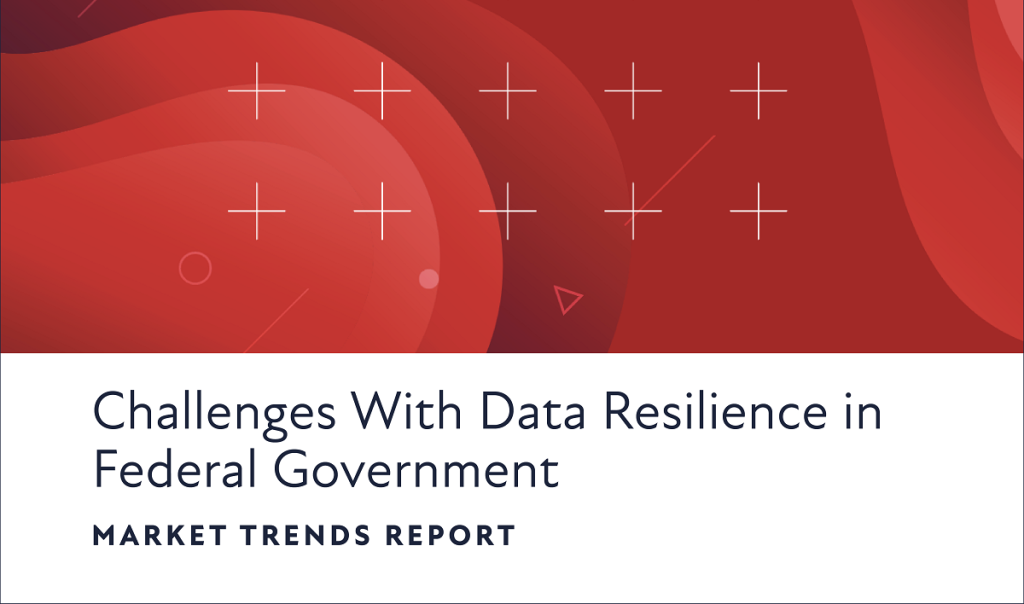Data resilience is critical to smooth operations at your agency.
If any of the following applies to data at your agency, you’re at risk and vulnerable to cyber attackers:
- Data is spread out across different systems and applications
- Security practices are inadequate or not properly updated
- Staffing and resources are lacking to properly manage the data
You’ll also be behind the curve when it comes to recovering that data and getting your services back online for your constituents after a security breach.
With 79% of agencies targeted by ransomware within the past 12 months, it’s time to take precautions so your sensitive information doesn’t end up in the wrong hands.
Here are a few best practices for data resilience to help your agency bounce back after an attack:
- Take Account of the Entire Application: Modern applications consist of many parts and can’t function effectively unless those parts and processes are all present and accounted for. That’s why it’s critical for your IT team to capture the application’s full state while coordinating its security and backup across cloud services, containers and virtual machines.
- Avoid Weak Links: No application or data set is too small or inconsequential to be protected. The best way to ensure full protection is by adhering to the NIST Cybersecurity Framework model: identify/protect/detect/respond/recover.
- Simplify Container Management: Agencies are embracing containers for everything from developing applications to running microservices, looking to take advantage of the portability, speed and efficiency they provide. In order to secure your containers, choose an automated approach that can back them up and recover them quickly.
- Understand Your Resilience Requirements: While technology is key to data resilience, it won’t work nearly as well without a change in thinking and processes. That means identifying the data and applications most important to your agency’s mission and specifying the level of resilience required for each workload. With this information, agencies will be able to choose the best solutions that map to those criteria and apply the right policies.
To learn more about the challenges surrounding data resilience, tips for securing your data, and to read a case study on modernization, check out this report.
